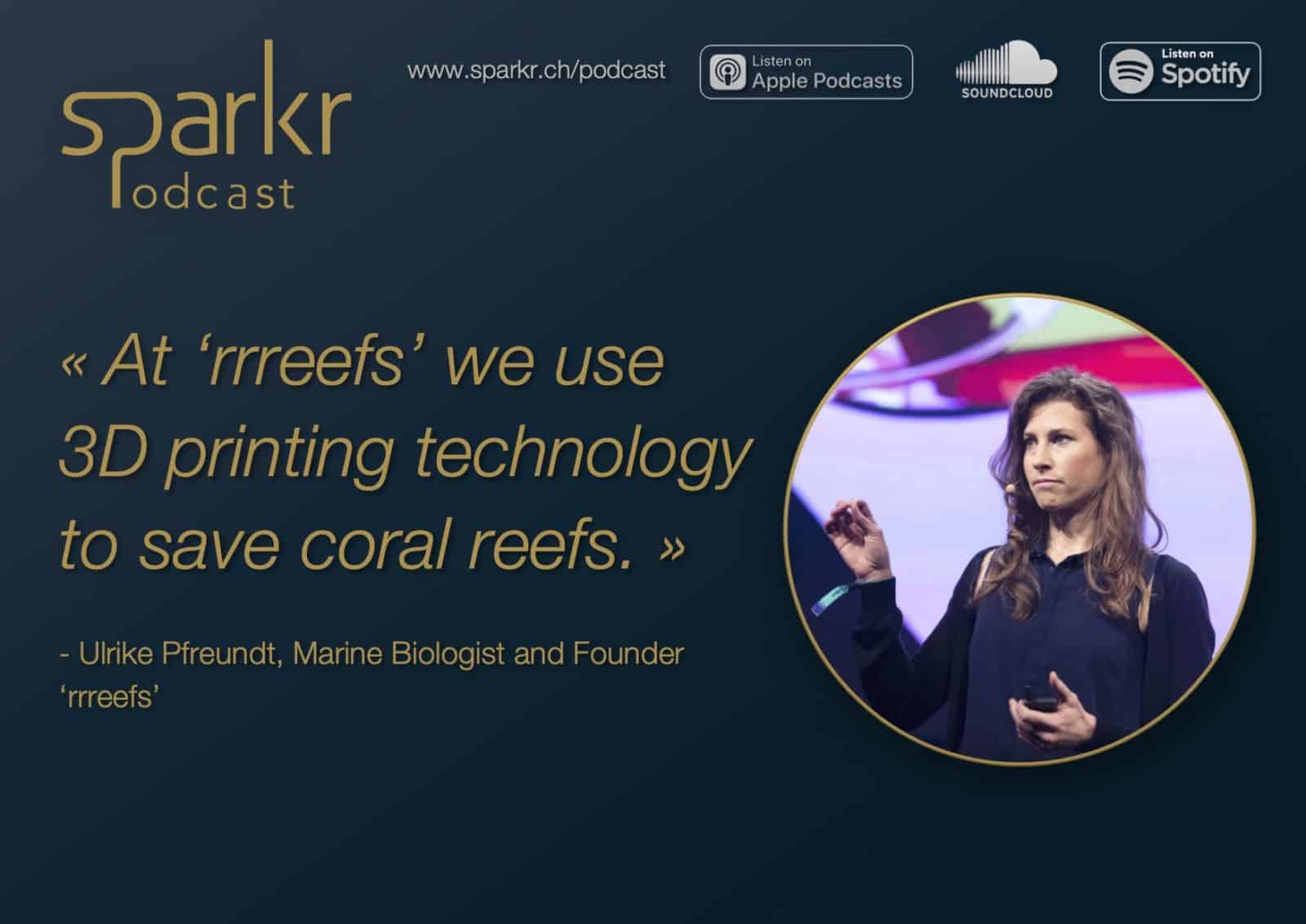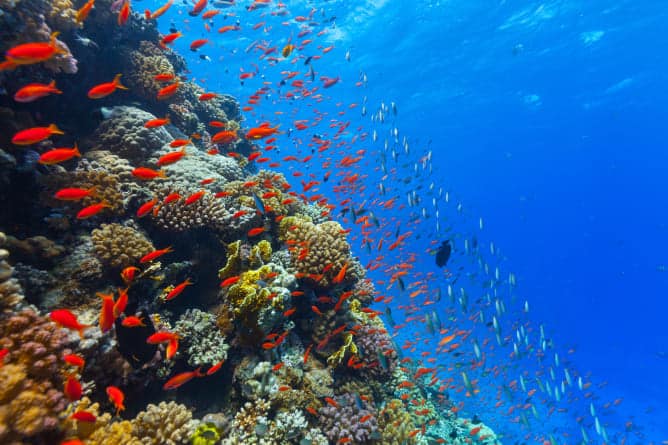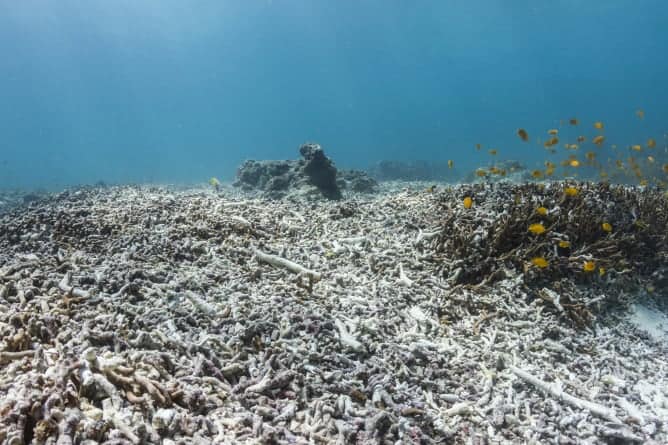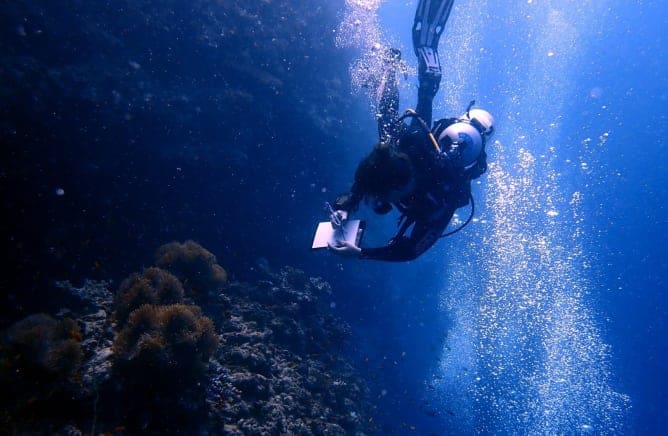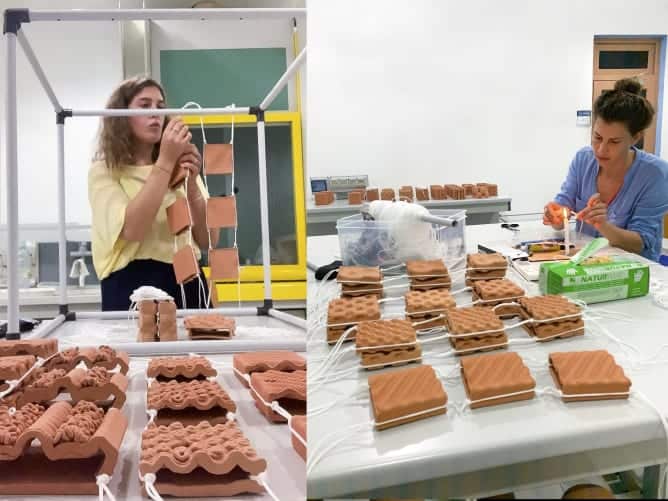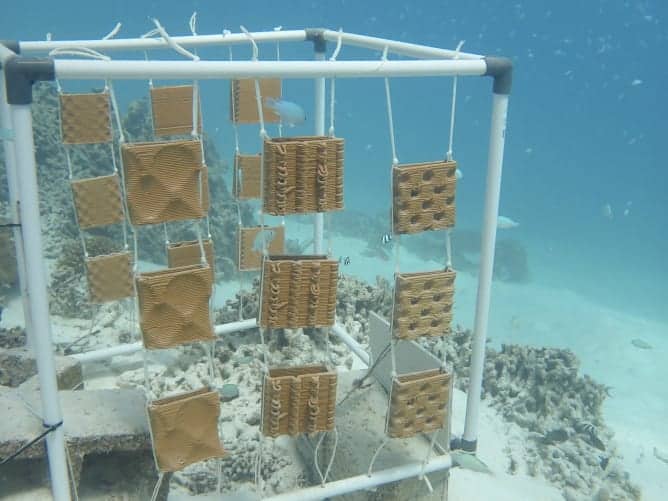Sustainability coral reefs rrreefs
In nature everything is connected and whatever part of the ecosystem you pick, there are fascinating domino effects guaranteed. This interconnectedness of all the parts in a system is one characteristic of complexity - and complexity is omnipresent when you try to solve sustainability challenges such as climate change or save the fragile marine ecosystems.
How does a biologist deal with complexity? How can you?
As a matter of fact, we all deal with complexity every day in our professional lives even when we are not trying to solve a sustainability crisis.
Learning to understand and act in a complex environment is one key to success in today’s business environment. Complexity ranges from interpersonal relationships in the office, to multi-stakeholder projects all the way up to the ecosystems of the ocean or rainforests.
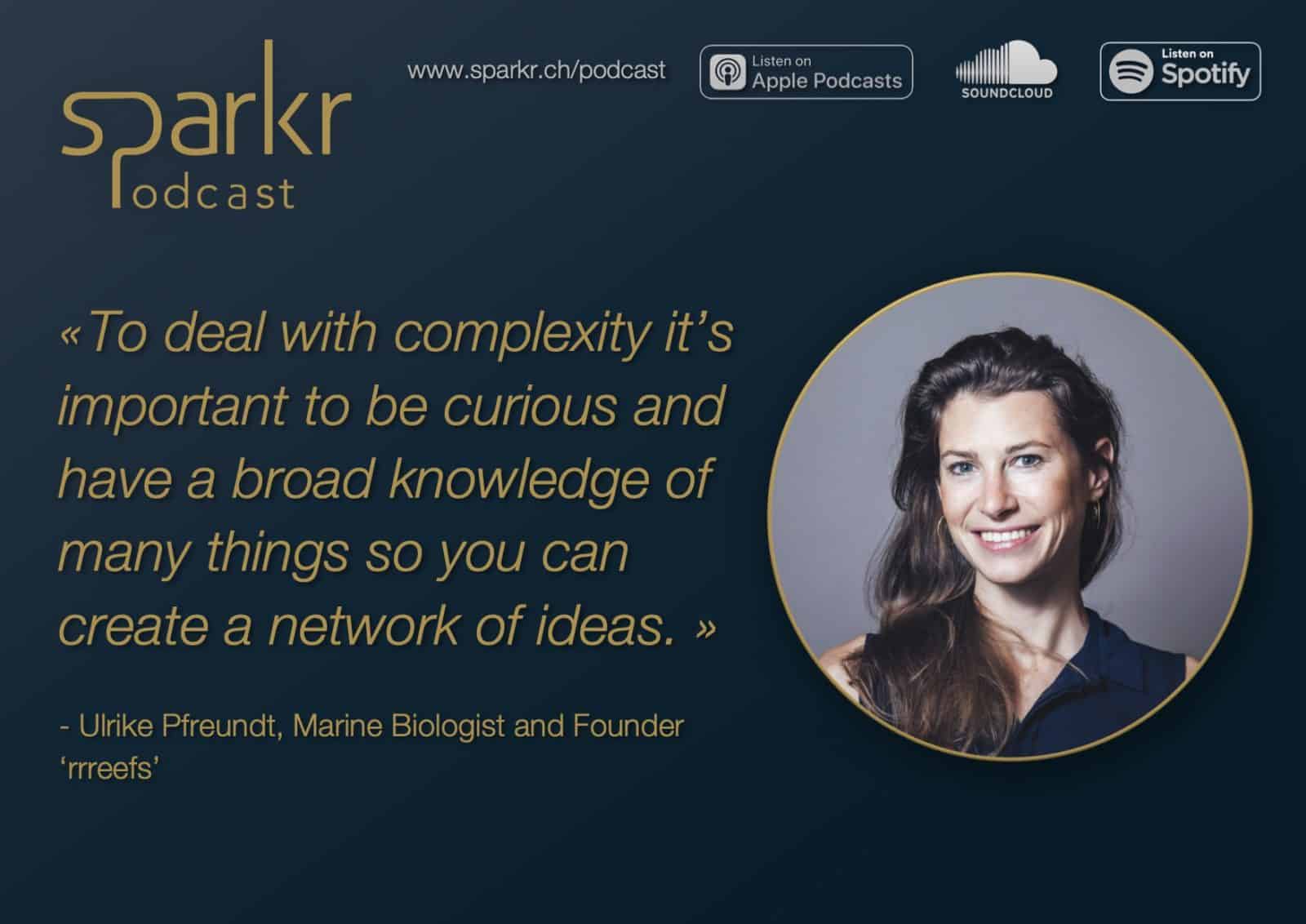
sustainability Ulrike Pfreundt corals rrreefs
So, if you’d talk to a scientist specialized in marine biology and coral reefs in particular, you might learn a lot about tackling complexity. I had the chance to talk to Ulrike Pfreundt who’s exactly that: an experienced marine biologist turning sustainability entrepreneur who wants to save the rapidly dying coral reefs all around the globe with innovative ideas and interesting technologies such as 3D printing.
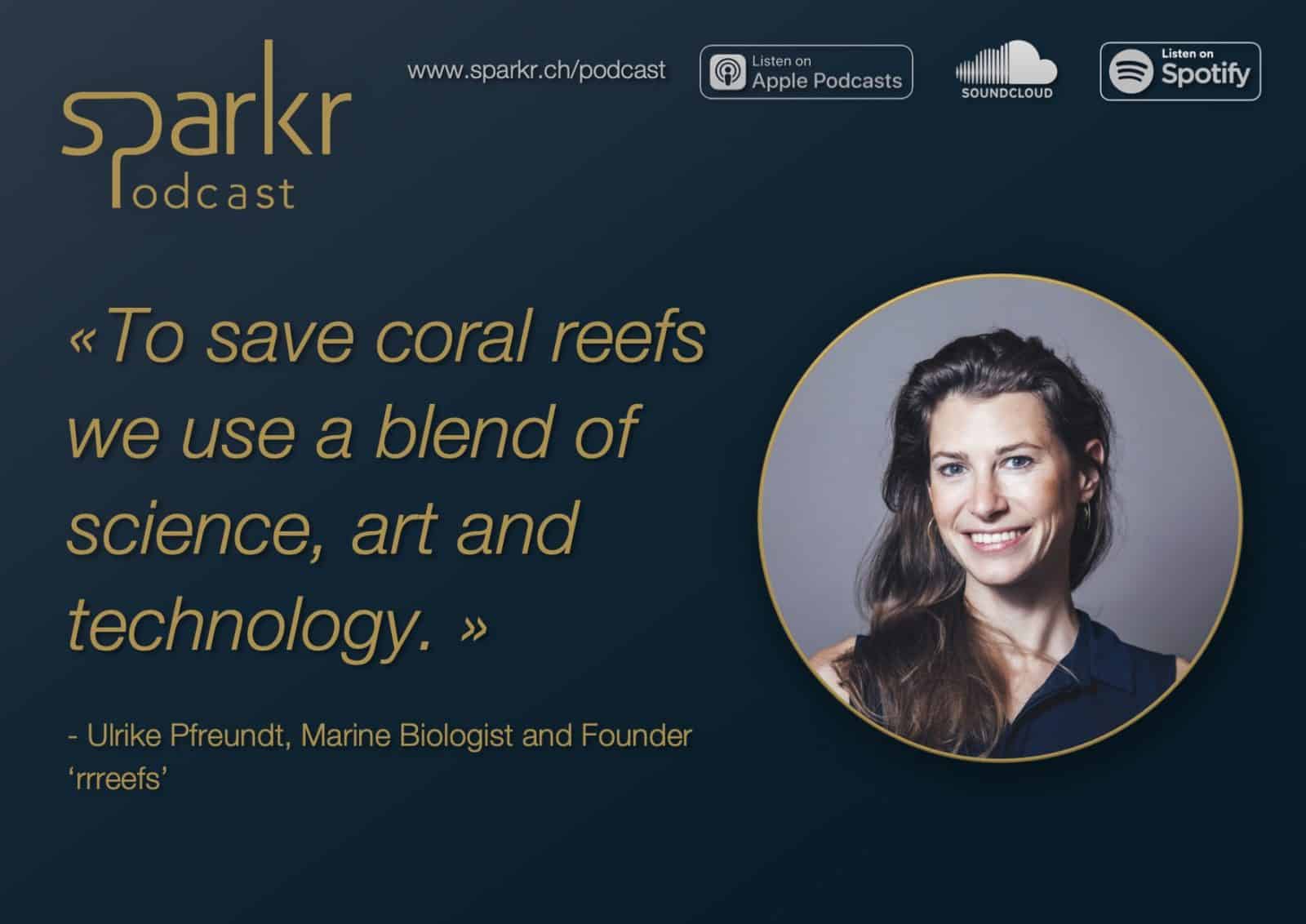
As it turns out, we had a far ranging and insightful conversation about sustainability and how to move forward into a more sustainable future with technological and social progress, how to face complexity on this journey, how to communicate complex topics in a relatable and engaging way and of course we talked about her exciting new non-profit organization ‘rrreefs’ where she and her collaborators combine science, art and technology to build artificial coral reefs.
Get inspired by Ulrike
You can listen to this entire conversation in the latest Sparkr Podcast episode (Apple Podcast | Spotify | Soundcloud), benefit from Ulrike’s insights and get inspired by her work and vision.
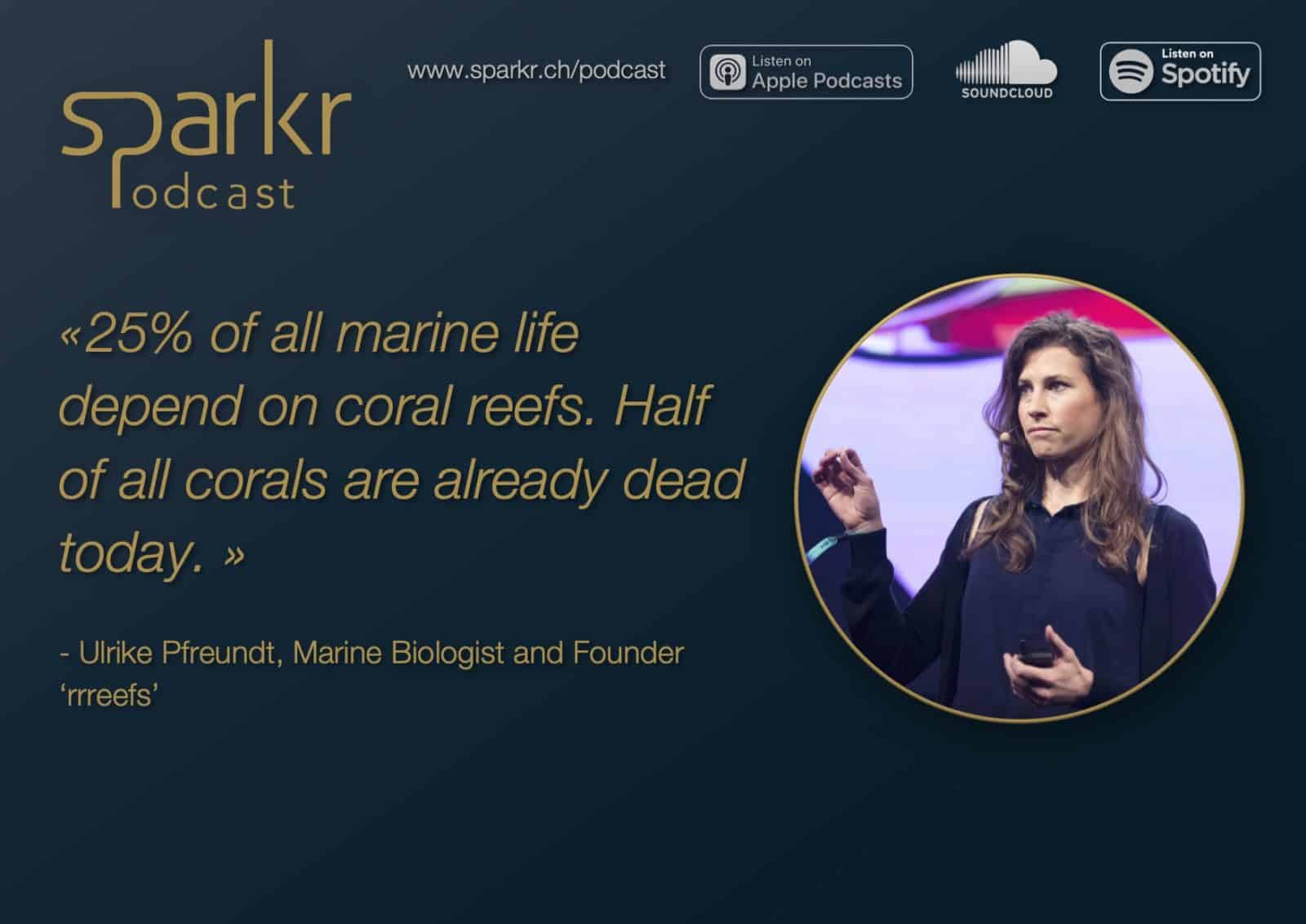
sustainability rrreefs Ulrike Pfreundt climate change
You might be surprised to learn, how important coral reefs are. They are critical because 25% of all marine life is dependent on coral reefs, they protect coast lines of entire countries and all in all millions of humans depend on coral reefs directly or indirectly. Even though they only cover 1% of the ocean, their loss would have a disproportionate impact on us all. That’s complexity and interconnectedness right there!
The bad news is that today already half of all corals are dead and up to 95% of coral are expected to die by 2050 – mostly due to climate change. The good news is that people like Ulrike are going all in to stop that from happening!
More Episodes of the Sparkr Podcast
You find all the Sparkr Podcast Episodes here and you can subscribe to the podcast on Apple Podcast, Spotify, Soundcloud or wherever you listen to your favorite shows.
#23 Wolfgang Beltracchi über Kunst, NFTs und einen 450 Millionen Dollar Fake (German)
#22 Batterien - Schlüsseltechnologie für die Nachhaltigkeitsrevolution (German)
#21 Frugal Innovation - a powerful mindset for a better economy (English)
#20 Innovation in der Verwaltung - Hinter den Kulissen des Corona Rettungsprogramms (German)
#18 Self-management methods and productivity tips for less stress (English)
#17 Sustainability - Insights from a fascinating researcher and social entrepreneur (English)
#15 Resilienz und Widerstandskraft stärken mit Erkenntnissen aus der Stressforschung (text: English, audio: German)
#14 The Future of Work and Open Innovation - a Conversation with Stanford Professor Pamela Hinds (English)
#12 Künstliche Intelligenz und die Folgen für Mensch, Gesellschaft und Wirtschaft mit Thomas Ramge (text: English, audio: German)
#11 Jean-Claude Biver über wahren Erfolg, echten Luxus und was wir von Hippies lernen können (German)
#10 Executive Briefing on 5G (English)
#3 Lukas Peter from Swisscom about what (Swiss) SME can learn from Silicon Valley (text: English, audio: German)
#2 Timo Pelz from Facebook about the importance of corporate culture (English)
#1 Ottmar Hitzfeld about leadership (German)

